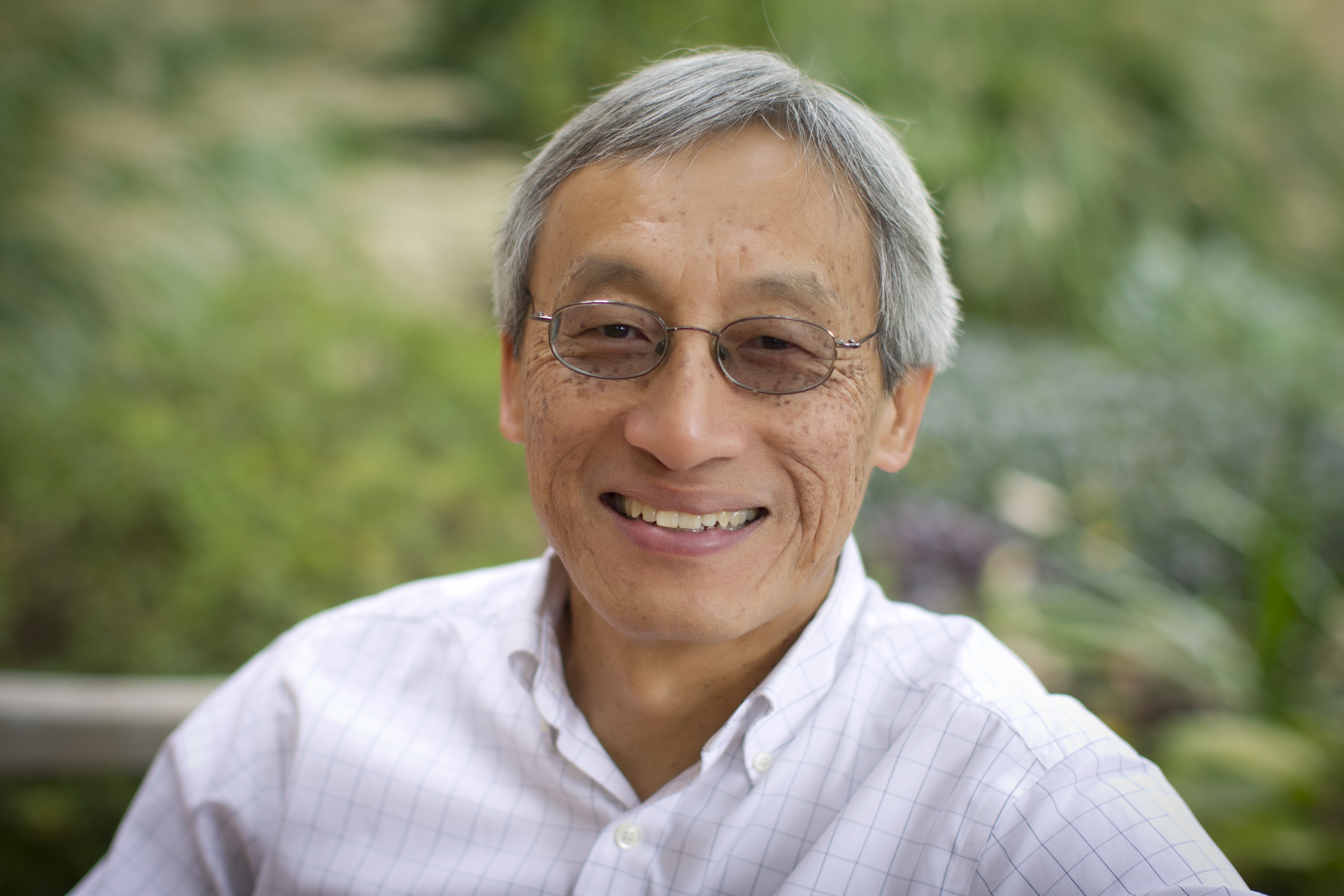The Pancreatic Cancer Action Network and the American Association for Cancer Research announced April 16 that UNC Lineberger’s Channing Der, PhD, and two co-principal investigators were chosen to receive a $1 million grant for pancreatic cancer research. Earlier this year, Der was also announced as the recipient of a grant from The Lustgarten Foundation, the nation’s largest private funder of pancreatic cancer research.

More than three decades ago, Channing Der was involved in the discovery of the RAS family of oncogenes in human cancers that are now known to be some of the most commonly mutated oncogenes in human cancer. While he said no effective anti-RAS strategies have made it to the clinic to-date, he has been awarded two new grants to try to develop treatments to target the gene pathway in pancreatic cancer.
The disease is one of the nation’s deadliest cancers, with a 6.7 percent five-year survival rate according to the National Cancer Institute Surveillance, Epidemiology and End Results Program. Der’s research is planned to focus on targeting KRAS, a gene in the RAS family that’s been found to be commonly altered in pancreatic cancer tumors.
“Because the disease is such a terrible one, and it’s the No. 4 cause of cancer death in the United States – it’s a significant disease burden – there has been a great effort in trying to find new therapies for pancreatic cancer,” said Der, PhD, a UNC Lineberger Comprehensive Cancer Center member and the Sarah Graham Kenan Professor of Pharmacology. “We’re trying to develop drug combinations to block RAS signaling in pancreatic cancer.”
The Pancreatic Cancer Action Network and the American Association for Cancer Research announced April 16 that Der and two co-principal investigators were chosen to receive a $1 million grant for pancreatic cancer research. Theirs was one of 10 grants announced as part of the organizations’ joint 2015 Research Grants Program. The Pancreatic Cancer Action Network-AACR grantees are expected to be honored at AACR’s annual meeting, which was held in Philadelphia through April 22.
With the funding, Der said he plans to test drug combinations for KRAS-mutated pancreatic cancer and to use genetic tools through a collaboration with a Duke University scientist to try to understand how the cancer cells evade treatment. Der said the genetic tools will allow them to activate and de-activate certain genes to find out if they are connected to why cancerous cells become treatment-resistant. They also plan to launch clinical trials working a co-principal investigator at theThe University of Texas MD Anderson Cancer Center in Houston. A researcher at the University of Helsinki is also a co-principal investigator with the project.
“We’re applying (innovative genetic tools) to see if we can better understand how the pancreatic cancer cell can overcome the drugs that we’re going to throw at it,” Der said.
Also, Der was announced earlier this year as the recipient of a more than $1 million grant from The Lustgarten Foundation, the nation’s largest private funder of pancreatic cancer research. Der was one of 13 scientists nominated to receive a Research Investigator Awards Program grant from the foundation. The $19.5 million in funding was awarded to the scientists to allow them to work to identify new breakthroughs in pancreatic cancer research and to accelerate a path to a cure, according to a foundation announcement. Der said his team plans to use a library of approved cancer treatment drugs to test a combination of drugs called RAF inhibitors with additional drugs.
“We know that RAS will be very unhappy when we block it here, and it will find out ways to overcome that,” he said. “So we’re using a chemical library approach to figure out what approaches the cancer will take.”
Part of what drives Der in his research of RAS was that he was involved in the early discovery of the oncogene family in human cells in 1982. At that time, multiple research teams were working to identify genetic changes that drive human cancer. And in addition to wanting to build on his early work on RAS, he also said part of his drive also comes from patients and their families.
“As scientists, we all went into research because we have a fascination about biology,” he said. “I have that fascination, too. But when you layer that fascination on with the fact that people are counting on us to make a difference, that really adds a second layer of motivation.”
